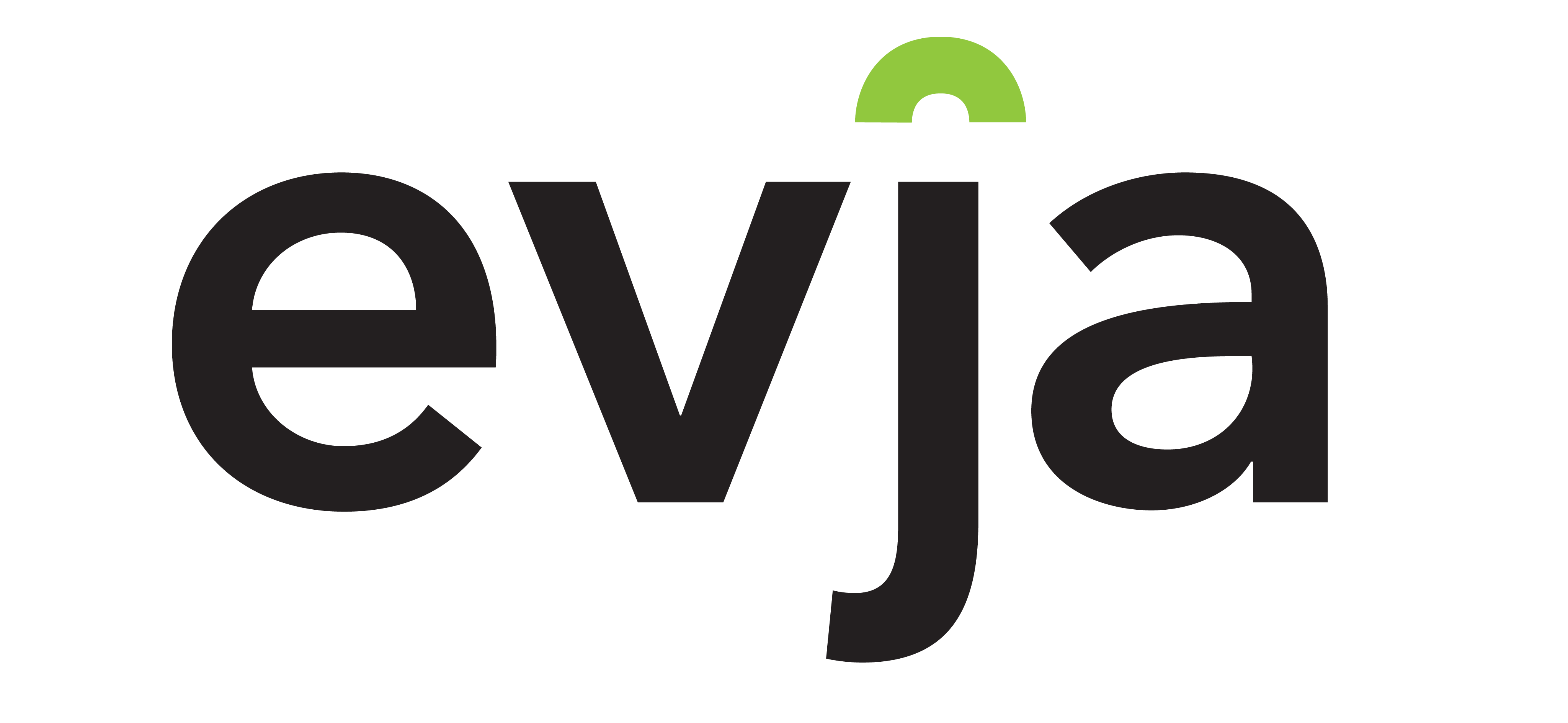Meet EVJA
Our story begins in 2015.
We are a team of young professionals with a strong passion for agriculture. We are committed to supporting growers in monitoring and protecting their crops. OPI is a project of constant innovation, research and development, that involves universities and research centers. Our main scientific partners include the University of Naples Federico II, the University of Pisa, the University of Almeria, the CNR and CREA, in addition to national and international stakeholders interested in developing best practices in agriculture. Every single person in our team respects growers and their daily challenges, especially those related to climate change, responsible use of natural resources and the overall achievement of the UN 2030 sustainability goals.

Our Vision is to continue investing in research activities with a sincere passion, and to develop new technological solutions aimed to improve food safety and life quality.
Governance which fosters a perfect balance between the growth of our business and the growth of our People, together with the safeguard of our environment.

VALUES

VISION





Positive Thinking and Trust
In Evja abbiamo scelto di guardare il futuro non con diffidenza e timore ma con fiducia e positività.
EVJA believes that a company is socially responsible for contributing to the community welfare, promoting economic sustainability, inclusivity and respect for diversity. EVJA is committed to improve growers' professional skills and enable them to autonomously manage their daily activities.
EVJA believes that a company is socially responsible for contributing to the community welfare, promoting economic sustainability, inclusivity and respect for diversity. EVJA is committed to improve growers' professional skills and enable them to autonomously manage their daily activities.
POSITIVE THINKING AND TRUST





Technological Ethics
To EVJA, the ecological transition for the safeguard of people and the environment must employ a responsible use of artificial intelligence (henceforth AI), with clear and balanced rules.
It is focused on three key principles: transparency (the systems must be easy to understand), inclusion (keeping in account the needs of all human beings) and fairness (technologies must be easily accessible).





Accountabilty
To EVJA, it is essential to build authentic relationships, founded on honesty, loyalty and transparency. Information regarding internal and external activities must be clear and complete. EVJA is a reliable company and it always acts according to the law, committing to tasks it can accomplish in compliance with national and international rules







Responsibility
EVJA acts responsibly towards the environment, promoting the adoption of practices that fully comply with a responsible use of natural resources. EVJA is committed to the development of innovative tools and processes for:
-
correct monitoring of water resources
-
accurate use of agro-chemicals, in order to safeguard soil and biodiversity
-
healthy and nutrient food production
-
avoiding food waste on the fields




Innovation
For Evja innovation is fundamental in generating value. R&D is carried out together with universities and research centers, allowing the development of technologies aimed at improving the quality of food and optimizing the agronomic processes.
EVJA Sustainability Policy translates the company commitments, principles and values in its Governance, in order for them to be fully integrated in the management and innovation processes. The goal is to combine product, service and process innovation with sustainability and to develop new sustainable solutions aligned with the 17 SDGs.
EVJA commitment, as per the UN 2030 Agenda, is focused on the following principles:
-
Safeguarding the environment and ecosystems
-
Tackling climate change
-
Managing natural resources efficiently
-
Evaluating economic, social and environmental risks and impacts
-
Participating in the community welfare by contributing in the production of healthy food, at the same time fostering a constant conversation between all the involved stakeholders, and safeguarding human rights














































